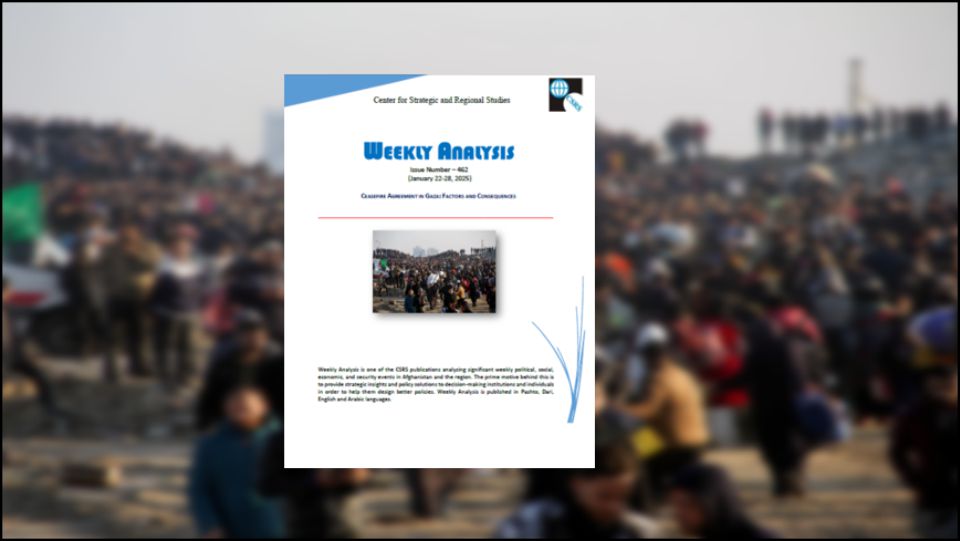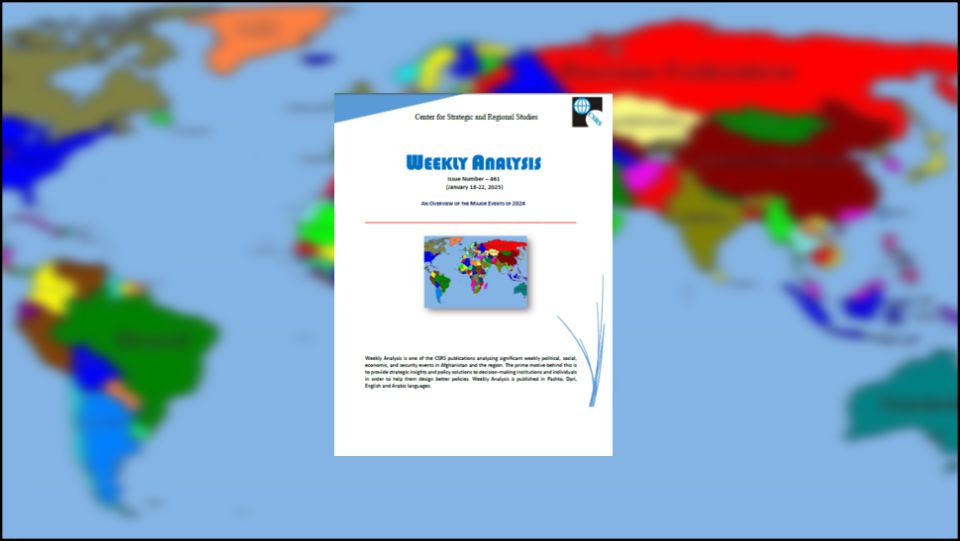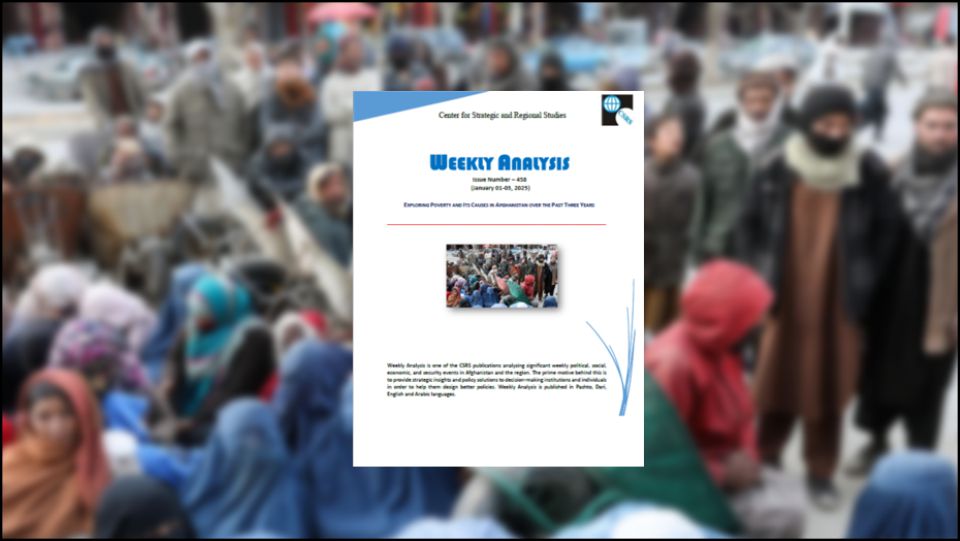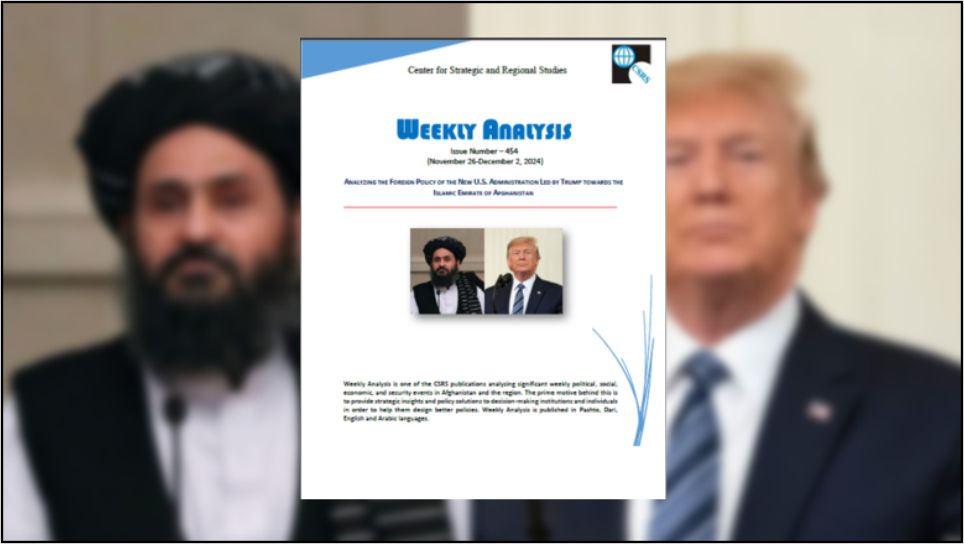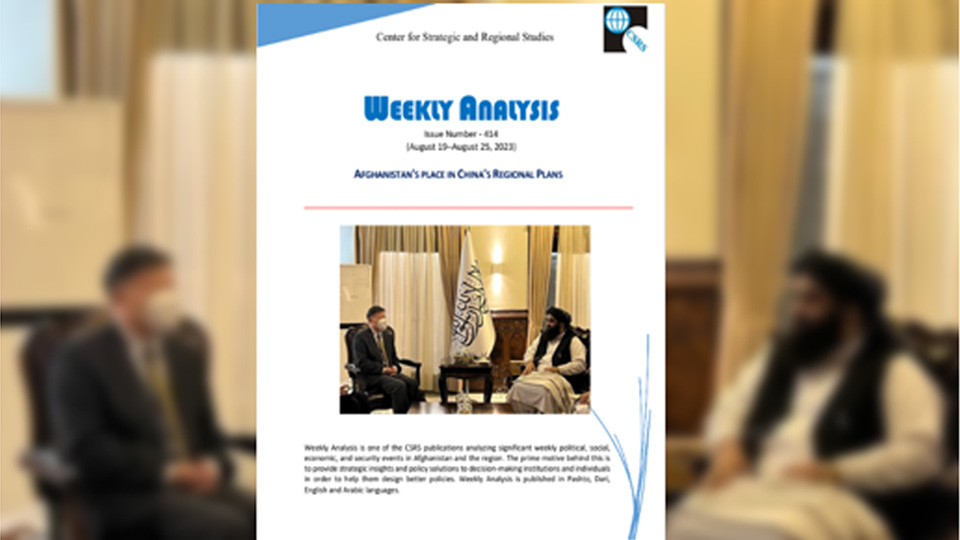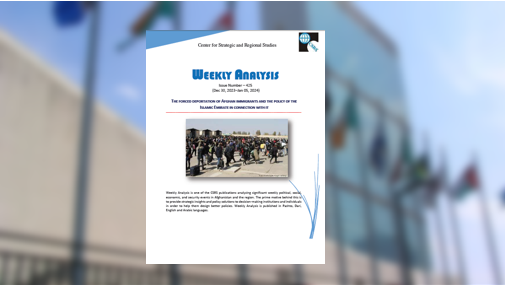Ceasefire Agreement in Gaza: Factors and Consequences
In conclusion, despite the Israeli regime’s brutality and significant military losses, they have not achieved any of their objectives during the war. Multiple factors, including American pressure, regional efforts such as mediation by countries like Qatar and Egypt, and the steadfastness of the Palestinian people and their brave resistance fighters, compelled the Israeli regime to agree to this ceasefire. This agreement has not fulfilled any of their goals except for the release of Israeli prisoners from Hamas, in exchange for which even large numbers of Palestinian prisoners were freed.

